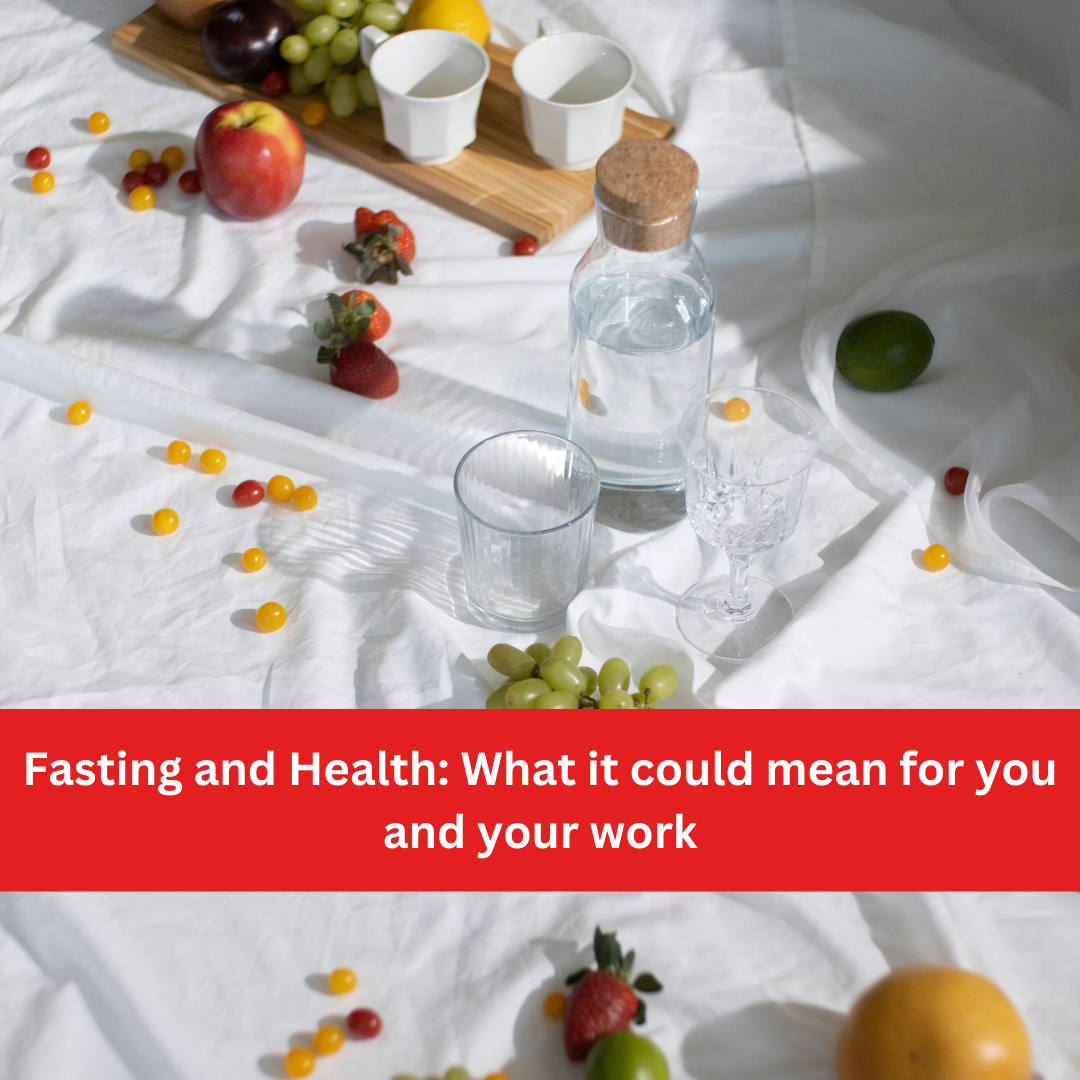World Health Organization defines workplace stress as the reaction people have when faced with work demands and pressures that do not match their knowledge or abilities. Several factors contribute to stress at work. However, it often worsens when employees feel their supervisors and colleagues do not support them and they have little control over work processes. The difference between pressure or challenge and stress can often go unnoticed, which can serve as an excuse for poor management practices.
What is workplace stress?
Workplace stress is a major factor that affects productivity at work. And its effect contributes to many health problems, such as high blood pressure, heart disease, obesity, and diabetes.
Long hours, heavy workloads, job insecurity, and conflicts with co-workers or supervisors cause workplace stress. The fast pace of technological change also contributes to workplace stress. Other workplace issues include poor work organization, lack of control over work processes, and conflicting demands for quality, speed, and quantity.
Related: How to keep your employees healthy through workplace exercise programs
Symptoms of stress in the Workplace
Symptoms of workplace stress include:
- Muscular tension, especially in the neck and shoulders
- Headaches
- Backaches
- Insomnia (difficulty falling asleep) or excessive sleepiness during the day
- Fatigue
- Difficulty concentrating
- Irritability or outbursts of anger
- Anxiety about job performance
Related: 8 Ways To Heal If You Experience Workplace Sexual Harassment
Significant stress consequences On Your Health
Mental health problems: Such as depression, anxiety, and personality disorders
Cardiovascular disease, including heart disease, high blood pressure, abnormal heart rhythms, heart attacks, and stroke
Obesity and other eating disorders
Menstrual problems
Sexual dysfunction: Such as impotence and premature ejaculation in men and loss of sexual desire in both men and women
Skin and hair problems: such as acne, psoriasis, eczema, and permanent hair loss
Gastrointestinal problems: such as GERD, gastritis, ulcerative colitis, and irritable colon
Related: The complete guide to Tuberculosis
How to Manage Workplace Pressure and Strict Deadlines in the workplace
A lot of people feel pressure in the workplace. They feel pressured to deliver what they promised, meet deadlines, and produce quality work. This can cause a lot of stress and anxiety.
How does one stay sane amidst all the craziness of life?
- Identify what makes you stressed and use coping mechanisms (spending time outside)
- Deal with problems by solving them rather than complaining or reacting.
- Eat healthier.
- Delegate tasks to others.
- Practice gratitude.
- Talk to someone about your problems (Take advantage of a strong support network)
- Get enough sleep (seven hours)
- Change your routine every now and then for a day or two (mix it up!)
- Accept change as part of life (it may be difficult, but necessary).
- Stay fit.
- Practice relaxation techniques
Related: Kidney and kidney tests







No Comments